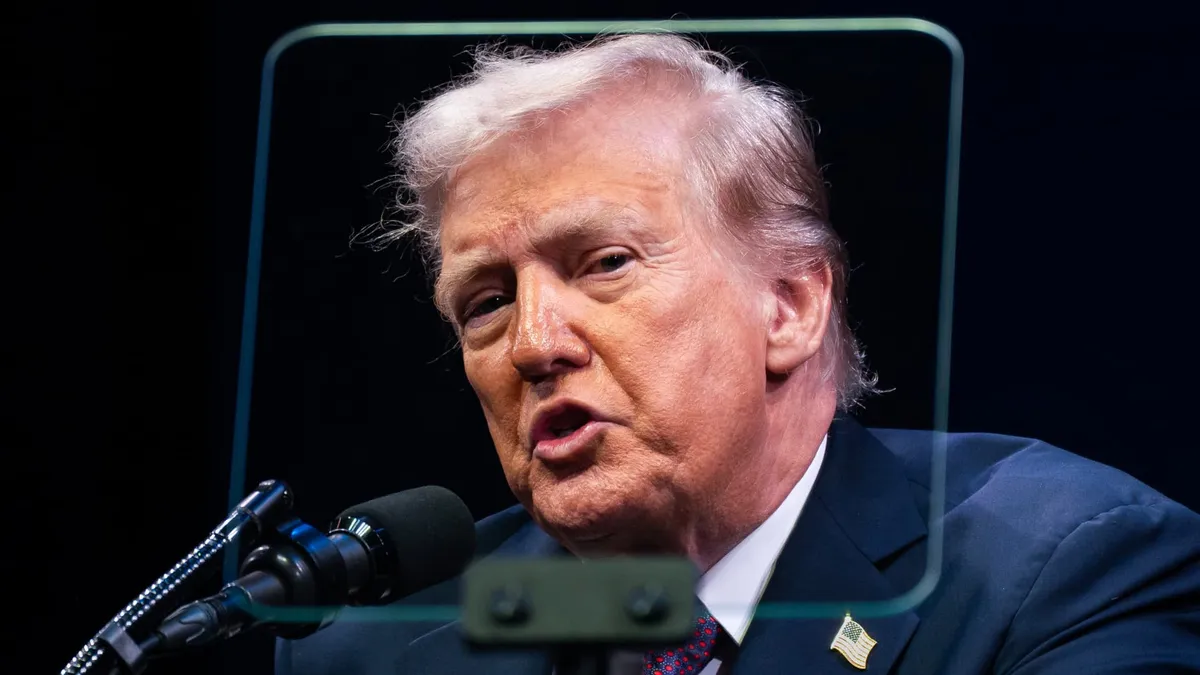
On Wednesday, President Donald Trump filed an appeal against a federal judge's ruling that prevents him from dismissing Federal Reserve Governor Lisa Cook. This legal battle unfolds as a lawsuit is ongoing, challenging his authority to remove her from her position. The appeal comes just a day after U.S. District Court Judge Jia Cobb emphasized the significance of Federal Reserve independence, stating that the public interest supports Cook's reinstatement.
In her ruling, Judge Cobb noted that Cook has demonstrated a compelling case that Trump's attempt to remove her breaches the Federal Reserve Act. Specifically, the Act stipulates that board governors can only be dismissed for legal cause, a requirement that Cook’s legal team argues has not been met in this instance.
On August 25, President Trump announced his decision to fire Cook, marking a historic moment as she is the first black woman to hold a position as a Fed governor. The president justified his decision by referencing allegations made by Federal Housing Finance Agency Director Bill Pulte, who claimed that Cook had committed mortgage fraud. However, Cook vehemently denies any wrongdoing and insists that the allegations are unfounded.
Cook’s attorneys have contended that Trump's motivations are not rooted in genuine concerns over her conduct. Instead, they argue that the allegations are merely a pretext for a broader agenda, which they believe involves exerting pressure on the Federal Reserve to lower interest rates. This situation is particularly notable as Trump has appointed two out of the seven current Fed governors, who play a crucial role in determining interest rate policies.
Before Trump’s appeal was filed on Wednesday, the Senate Banking Committee made headlines with a party-line vote recommending that the full Senate approve Trump’s nominee, Stephen Miran, to fill a vacant seat on the Federal Reserve Board. This vacancy arose following the unexpected resignation of Adriana Kugler last month. If Cook is ultimately removed from her position, it would pave the way for Trump to potentially nominate a majority of the members on the central bank's board.
This story is developing, and readers are encouraged to stay updated as new information emerges regarding the legal proceedings and implications for the Federal Reserve.